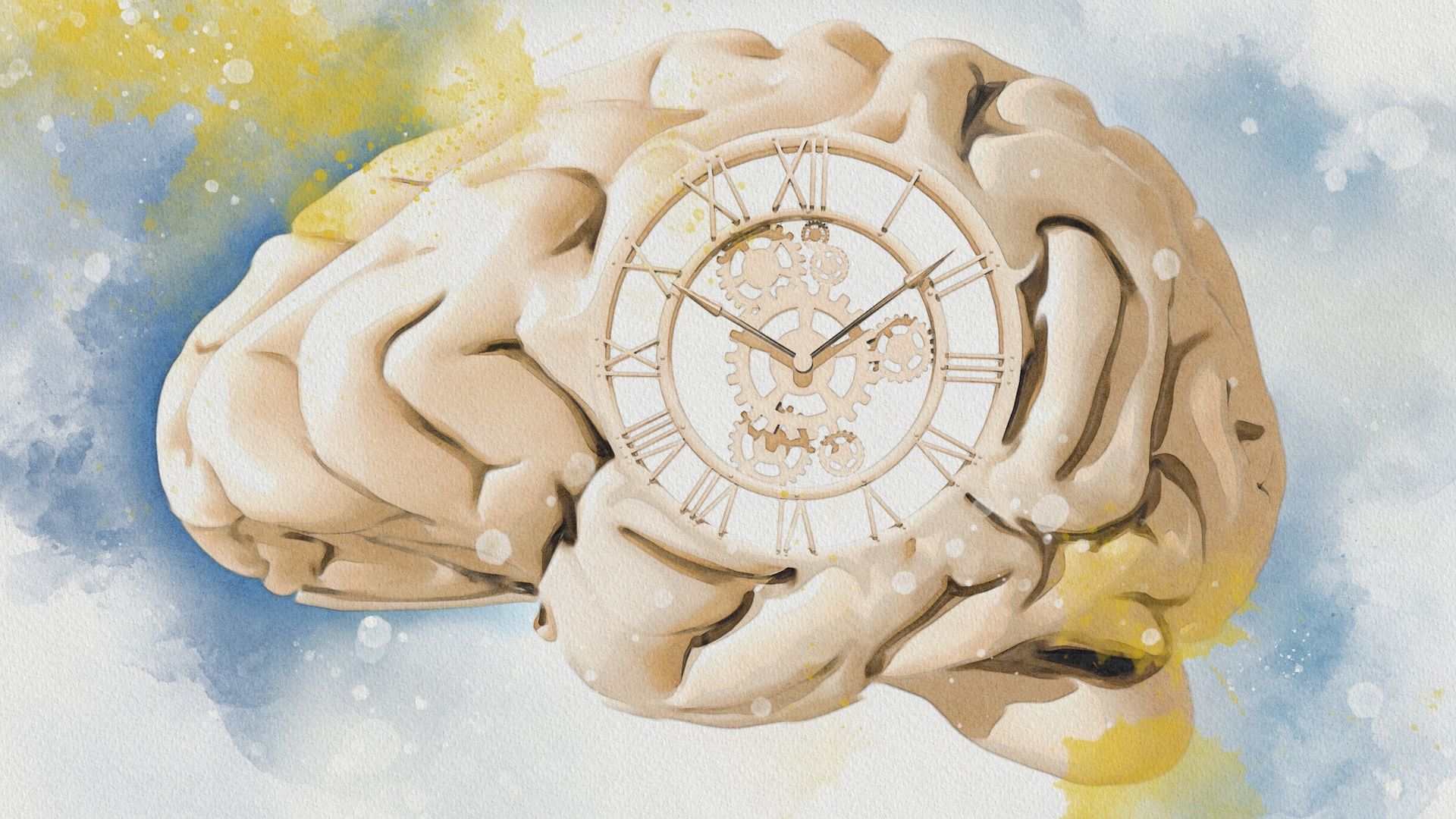Forget candy and missed flossings — the biggest danger to your teeth may be hiding in your healthiest habits.
“I’ve found that the real damage often comes from the habits people don’t realize are harming their teeth,” said Dr. Pia Lieb, a 30-year cosmetic dentist and the founder of Cosmetic Dentistry Center NYC, who cited sparkling water, juice cleanses and even certain mouthwashes as surprisingly risky.
These aren’t one-time slip-ups, either. “The small, unconscious habits we repeat daily can quietly wear down our smile over time,” explained Dr. Catrise Austin, a New York-based cosmetic dentist at VIP Smiles. This can leave you with permanent damage such as tooth fractures, enamel erosion and tooth sensitivity.
Ahead, dentists break down the everyday habits that could be silently sabotaging your smile.
Not Drinking Enough Water
Ask any doctor, and they’ll say staying hydrated will almost always top the list of essential health habits. The same goes for dentists.
“Saliva is the mouth’s natural defense mechanism, and staying hydrated supports saliva production,” Austin said. “A dry mouth creates an environment where bacteria thrive, increasing the risk of decay, gum disease and bad breath.”

Jena Ardell via Getty Images
If your go-to drink is coffee or an energy drink, you might be drying your mouth out without realizing it. Austin recommends consistent hydration throughout the day with water and using an alcohol-free mouth rinse to support your saliva levels.
Frequently Drinking Sparkling Water
Speaking of water, dentists prefer still water over sparkling. “Carbonic acid in sparkling water is acidic, which softens enamel over time,” said Dr. Jie Sun, a clinical director and prosthodontist at ClearChoice Dental Implant Center in Quincy, Massachusetts. “Sipping acidic drinks all day keeps your teeth in a constant state of acid exposure, which gradually softens and erodes enamel. Over time, this weakens your teeth and increases the risk of tooth sensitivity and cavities.”
“Even unflavored varieties [of seltzer] are mildly acidic, and many now include citrus juice additives that amplify erosion,” advised Lieb, who recommends limiting carbonated waters to once daily with meals.
Chewing Ice
Even the ice in your water could cause harm if you crunch on it. “Ice is extremely hard and can cause microfractures in the enamel,” said Lieb. If you want to avoid chipped or cracked teeth or damaged restorations, “it’s a habit worth breaking completely.”
Drinking Pressed Juice Or Apple Cider Vinegar
Juicing or taking apple cider vinegar shots may sound like a health win, but dentists caution that these beverages are highly acidic. Some of the worst culprits include those with “acidic fruits like lemon, lime, grapefruit and pomegranate,” added Lieb.
You don’t need to ditch the juices entirely, but timing and technique matter. “Use a straw to minimize contact with teeth,” advised Austin. Lieb recommended having only a few pressed juices per week and always rinsing your mouth with water afterward.
Constant Snacking
“Frequent snacking, especially on sugary or acidic foods and beverages, keeps your teeth under constant acid attacks,” warned Sun. Saliva needs time to neutralize acids, and nonstop snacking doesn’t give your enamel time to recover.
Carbohydrates are especially risky since they “convert to sugar, feeding bacteria and increasing acid in the mouth,” explained Lieb.
Instead, dentists recommend sticking to structured meals and giving your teeth a break between snacks.
Using Alcohol-Based Mouthwash
Even some oral health products can do more harm than good. For instance, dentists caution against alcohol-based mouthwashes.
“Alcohol dries the mouth and disrupts the oral microbiome,” said Lieb, who prefers alcohol-free rinses with fluoride.
Brushing Your Teeth Immediately After Eating
Similarly, whipping out your toothbrush right after a meal isn’t as productive as you might think. “Eating lowers the pH in your mouth. Acid exposure softens enamel. When you brush immediately after a meal, the mechanical abrasion from brushing can accelerate enamel wear,” explained Sun. “Over time, enamel wear can lead to increased tooth sensitivity, a higher risk of caries, and visible changes such as dullness or shortening of teeth.”
Instead, it’s best to wait a bit. “Giving it at least 30 minutes before brushing allows saliva to restore the natural pH balance in your mouth,” noted Sun. “In the meantime, it is helpful to rinse your mouth with water to wash away food particles and dilute acids.”

Stefania Pelfini la Waziya via Getty Images
Rinsing With Water Right After Brushing
The one time rinsing isn’t advised: right after you finish brushing your teeth. “Rinsing immediately washes away fluoride, the key ingredient in toothpaste that protects and strengthens enamel,” said Austin. “Instead, spit out excess toothpaste and leave the fluoride on the teeth to work longer.”
Sleeping On The Wrong Pillow
You’ve likely heard about the dangers of grinding or clenching your teeth at night, but leaving your mouth open isn’t much better, and much of it comes down to your choice of pillow.
“A flat or unsupportive pillow can worsen snoring or sleep apnea by encouraging mouth breathing,” explained Austin, who recommended investing in a supportive pillow.
Whether it’s due to sleep habits, allergies or stress, “mouth breathing leads to dry mouth,” said Sun. “Without adequate saliva, the mouth becomes more acidic, increasing the risk of enamel erosion, cavities, and gingival inflammation.”
Biting Your Nails
This common nervous habit is another sneaky source of dental damage. Beyond the sanitary concerns, biting nails places “unnatural pressure on the teeth,” said Sun, “which can lead to wear on enamel, chipping and potential tooth mobility.”


